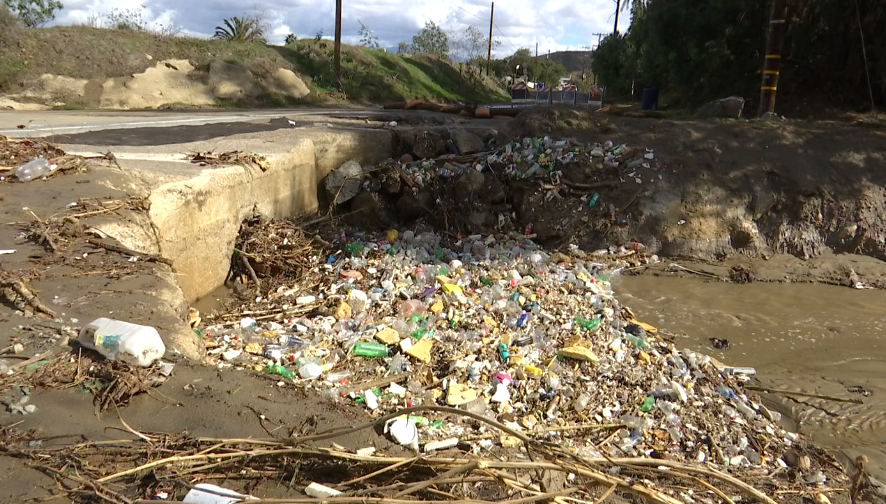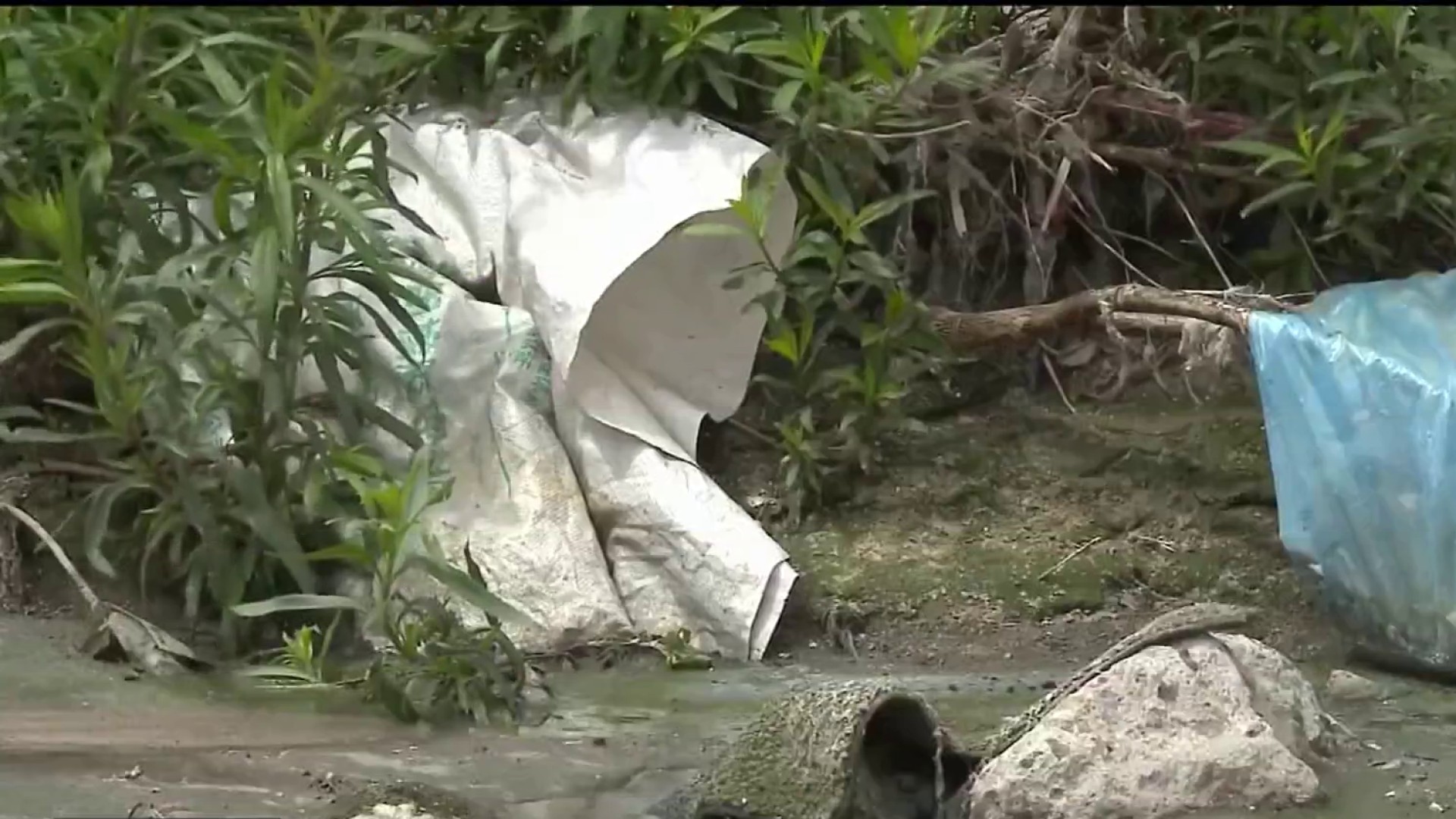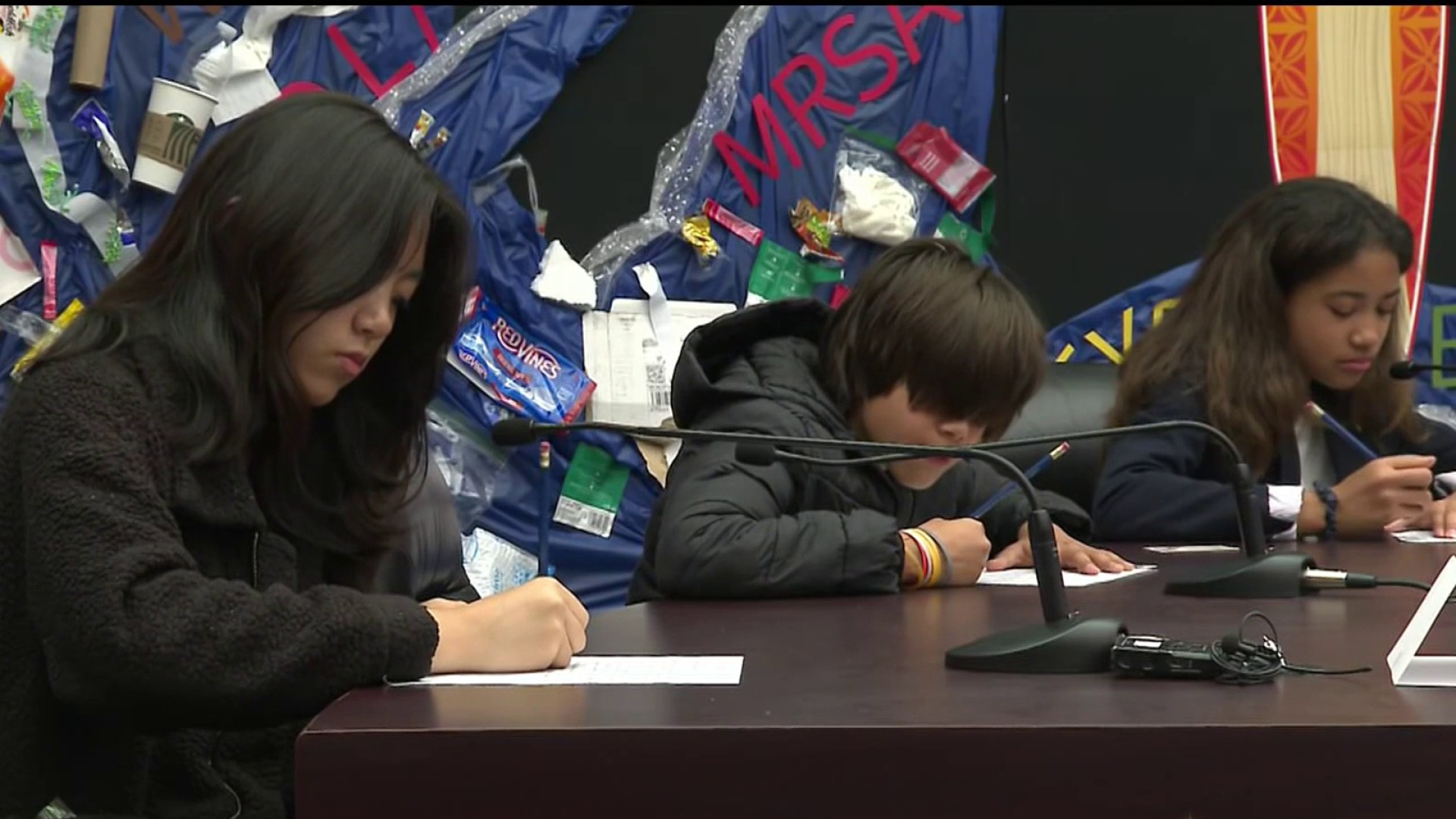Families in Imperial Beach have been dealing with foul odors for years because of the sewage from across the border. Now, the heat is making it so bad that a group of researchers measuring air quality in the area had to leave.
The project leader told NBC 7 the heat wave combined with the sewage draining into the Tijuana riverbed has made it unsafe for her team to be there.
Toxic Tide: The sewage crisis at the border
NBC 7 investigates the millions of gallons of raw sewage crossing from Tijuana into the United States every day, including how the crisis affects our health — and what must be done to end it.
Get top local stories in San Diego delivered to you every morning. Sign up for NBC San Diego's News Headlines newsletter.
Following the border sewage crisis
Marvel Harrison wanted a beach home to retire in.
“All of our nest egg is in this thing,” Harrison said.
Sprinkled among her stunning view from the back patio are the red and yellow reminders of another closed beach day. Instead of an endless summer, she got something much different.
“Never did we expect 1,000 days. It’s an endless bummer," Harrison said.
Closer to the Tijuana riverbed, the air is foul with the pungent odor of hydrogen sulfide. It’s a toxic gas and can be extremely hazardous. And high temperatures the last few days have made conditions unbearable.
The combination of this tremendous heat and the sewage in the Tijuana River has made the air quality nearby so bad that many members of a project to measure the air quality have been sent away. Those that remain are forced to use specialty filtered masks.
“Safety over science, at this point, is what I decided," Dr. Kim Prather, a Scripps Institution of Oceanography chemistry professor, said.
Prather leads the air quality testing. The group of 50 members was in the third week of a five-week test when the level of toxins spiked.
“Last night, people in Imperial Beach were reporting their smoke alarms going off," Prather said. "So, I looked it up. Why would smoke alarms go off? High concentrations of toxic gasses."
She says the presence of hydrogen sulfide should not exceed 30 parts per billion in the air for over an hour. Her team is measuring amounts more than 30 to 100 times that.
Prather says it’s not what’s in the ocean causing it. It’s what’s in the riverbed.
“Now we have this heat wave, which is just compressing things and increasing the concentration of things and the reactions of things," she said. "It is just trapping all this air and this heat to the ground."
Harrison is spending the bulk of her retirement dreams inside for now.
"I wish we would stop calling it a bad smell, a foul odor, a nuisance smell. These are the words our medical directors have referred to it as. No, these are poisonous gasses,“ Harrison said.
There is a long-term solution to the air quality problem, but in the short term, Prather says something should be done.
“No one should be breathing this air another day. I would argue, people should be given proper filters, which we know what they are, to fix this problem,” Prather said.
On Friday, Imperial Beach Mayor Paloma Aguirre sent a letter to the San Diego County Board of Supervisors Chairperson Nora Vargas. She asked the county to distribute filters and purifiers to homes and businesses affected and provide masks to the people that live there.




